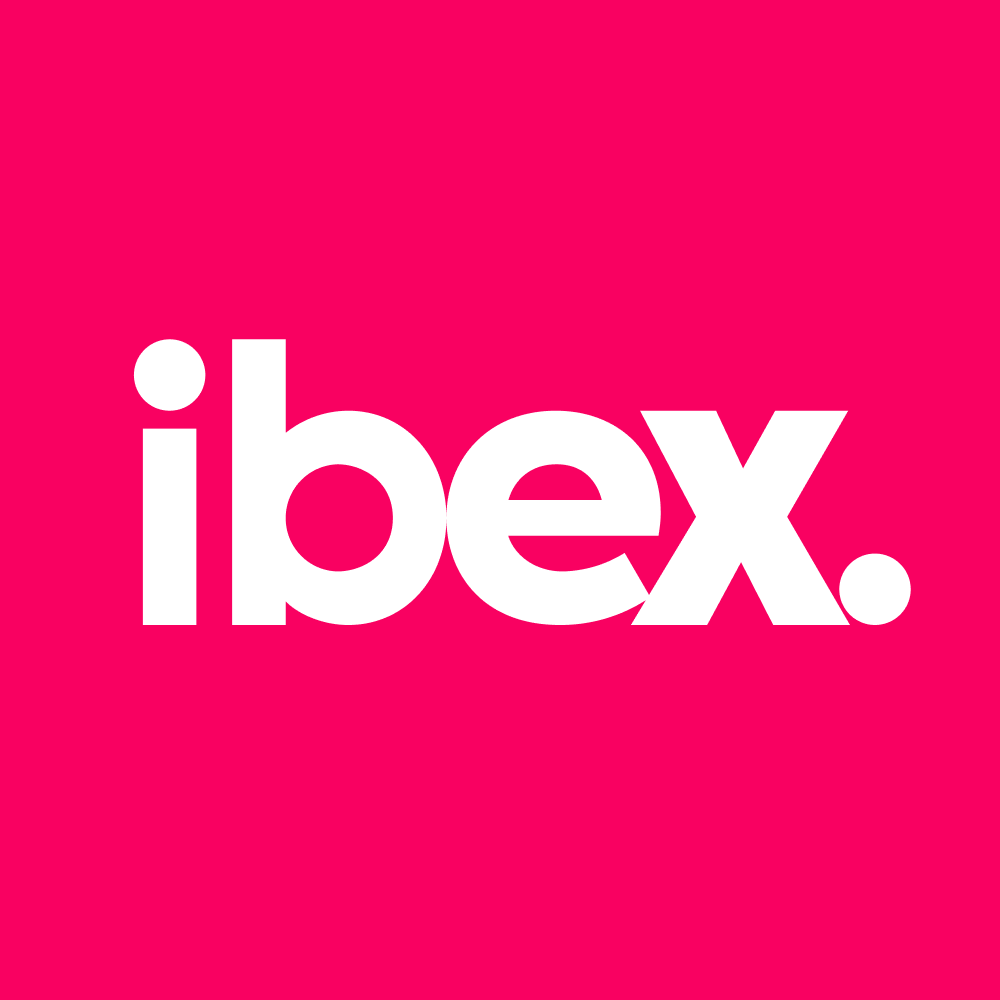Advertisement|Remove ads.
Eli Lilly Stock Jumps As Trump’s Drug Price Crackdown Spurs Sector Rally; Analysts Say Pfizer Deal Sets Template For Big Pharma

Eli Lilly's stock jumped over 5% on Tuesday after U.S.President Donald Trump unveiled a plan to lower U.S. drug prices, which included a “TrumpRx” direct-to-consumer website and a pricing agreement with Pfizer.
Pfizer became the first company to accept the administration’s terms, agreeing to slash drug prices by up to 85% and secure a three-year exemption from pharmaceutical tariffs.
BMO Capital Markets analyst Evan Seigerman said the Pfizer deal effectively provided a model for other drugmakers such as Eli Lilly to balance pricing cooperation with policy compliance. He said the structure gave the administration a political win while avoiding the need for harsher price controls or new tariffs, according to a Bloomberg report.
Cantor analyst Carter Gould said the sharp rally in pharmaceutical shares reflected investor relief that the policy measures were more symbolic than financially disruptive. He noted that Pfizer’s announcement did not change any earnings guidance, suggesting that the market viewed the move as a sign of easing regulatory uncertainty rather than a fundamental earnings risk.
The S&P 500 Pharmaceuticals Index rose nearly 4%, while Lilly recorded its best day in more than a month. Pfizer climbed nearly 7%, marking its strongest single-day gain in almost four years.
Raymond James health policy analyst Chris Meekins said the TrumpRx program was unlikely to materially affect consumers’ costs unless insurance reforms followed. He said that if the administration’s pricing actions stopped at this stage, it would amount to a win for the pharmaceutical industry, CNN noted.
Meanwhile, Futurum Equities chief market strategist Shay Baloor wrote on X that Trump’s agreement with Pfizer to launch TrumpRx, which allows consumers to buy discounted medications directly from manufacturers, could hurt insurers and pharmacy benefit managers.
Baloor viewed companies such as Eli Lilly, UnitedHealth, Cigna, and Walgreens as potential losers from the shift, while naming Hims & Hers Health among the likely beneficiaries.
Eli Lilly stated that it was in active discussions with the administration to expand patient access, signaling its readiness to participate in broader efforts to increase affordability. The statement followed Trump’s call for drugmakers to align U.S. prices with international levels under his “Most Favored Nation” directive.
Commerce Secretary Howard Lutnick said negotiations with major drugmakers were ongoing, while Trump described the plan as a step toward ending what he called global price disparities in medicine.
Eli Lilly has not disclosed details of its discussions but said it remains focused on expanding access and improving affordability for patients in the U.S..
On Stocktwits, retail sentiment was ‘bullish’ for Eli Lilly and ‘extremely bullish’ for Pfizer, with 24-hour message volumes surging 191% and 780%, respectively.

One user noted that the new TrumpRx model, which eliminates middlemen, is unlikely to impact margins for companies such as Eli Lilly, Merck, and Pfizer, describing it as a direct-to-consumer shift.
Another user described Eli Lilly as a strong performer that continues to show unstoppable momentum.
Eli Lilly’s stock has declined 0.6% so far in 2025.
For updates and corrections, email newsroom[at]stocktwits[dot]com.













/filters:format(webp)https://news.stocktwits-cdn.com/large_capricor_jpg_9f4f8ab098.webp)
/filters:format(webp)https://news.stocktwits-cdn.com/IMG_8805_JPG_6768aaedc3.webp)
/filters:format(webp)https://news.stocktwits-cdn.com/large_Robinhood_jpg_ffd49b668a.webp)
/filters:format(webp)https://news.stocktwits-cdn.com/IMG_4530_jpeg_a09abb56e6.webp)
/filters:format(webp)https://news.stocktwits-cdn.com/large_donald_trump_crypto_atm_OG_jpg_5c3f726c93.webp)
/filters:format(webp)https://st-everywhere-cms-prod.s3.us-east-1.amazonaws.com/Prabhjote_DP_67623a9828.jpg)
/filters:format(webp)https://news.stocktwits-cdn.com/Getty_Images_2236469013_jpg_0a72164947.webp)
/filters:format(webp)https://st-everywhere-cms-prod.s3.us-east-1.amazonaws.com/IMG_9209_1_d9c1acde92.jpeg)
/filters:format(webp)https://st-everywhere-cms-prod.s3.us-east-1.amazonaws.com/large_tesla_cybertruck_resized_7ce9ec6562.jpg)
/filters:format(webp)https://news.stocktwits-cdn.com/large_bitcoin_ethereum_OG_jpg_57ba235889.webp)